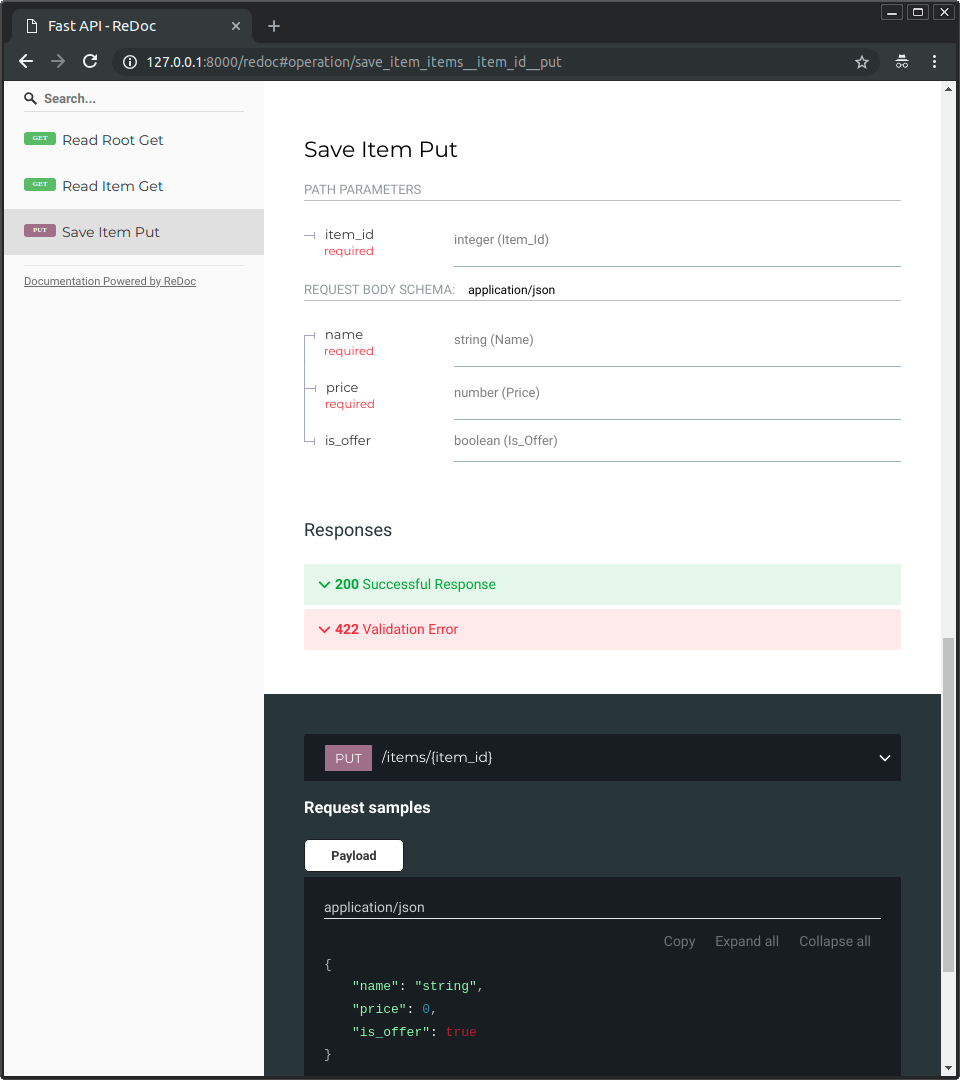- Sort Score
- Result 10 results
- Languages All
Results 71 - 80 of 800 for adjust (0.03 sec)
-
docs/en/docs/tutorial/security/get-current-user.md
Do you want to just have a `str`? Or just a `dict`? Or a database class model instance directly? It all works the same way. You actually don't have users that log in to your application but robots, bots, or other systems, that have just an access token? Again, it all works the same.
Registered: Sun Dec 28 07:19:09 UTC 2025 - Last Modified: Sun Aug 31 09:15:41 UTC 2025 - 4K bytes - Viewed (0) -
android/guava/src/com/google/common/collect/MinMaxPriorityQueue.java
* Queue<Integer>} but not a {@code Queue<Object>}). * @since 8.0 */ public static final class Builder<B> { /* * TODO(kevinb): when the dust settles, see if we still need this or can * just default to DEFAULT_CAPACITY. */ private static final int UNSET_EXPECTED_SIZE = -1; private final Comparator<B> comparator; private int expectedSize = UNSET_EXPECTED_SIZE;
Registered: Fri Dec 26 12:43:10 UTC 2025 - Last Modified: Mon Sep 22 18:35:44 UTC 2025 - 33.9K bytes - Viewed (0) -
docs/en/docs/advanced/openapi-callbacks.md
Registered: Sun Dec 28 07:19:09 UTC 2025 - Last Modified: Wed Dec 10 08:55:32 UTC 2025 - 8K bytes - Viewed (0) -
src/main/java/jcifs/SmbWatchHandle.java
* implementations. * * Changes in between these calls (as long as the file is open) are buffered by the server, so iteratively calling * this method should provide all changes (size of that buffer can be adjusted through * {@link jcifs.Configuration#getNotifyBufferSize()}). * If the server cannot fulfill the request because the changes did not fit the buffer * it will return an empty list of changes. *Registered: Sat Dec 20 13:44:44 UTC 2025 - Last Modified: Sat Aug 16 01:32:48 UTC 2025 - 2.3K bytes - Viewed (0) -
docs/en/docs/advanced/security/oauth2-scopes.md
Each "scope" is just a string (without spaces). They are normally used to declare specific security permissions, for example: * `users:read` or `users:write` are common examples. * `instagram_basic` is used by Facebook / Instagram. * `https://www.googleapis.com/auth/drive` is used by Google. /// info In OAuth2 a "scope" is just a string that declares a specific permission required.
Registered: Sun Dec 28 07:19:09 UTC 2025 - Last Modified: Sun Aug 31 10:49:48 UTC 2025 - 13.5K bytes - Viewed (0) -
docs/en/docs/tutorial/testing.md
/// /// note | Technical Details You could also use `from starlette.testclient import TestClient`. **FastAPI** provides the same `starlette.testclient` as `fastapi.testclient` just as a convenience for you, the developer. But it comes directly from Starlette. /// /// tip
Registered: Sun Dec 28 07:19:09 UTC 2025 - Last Modified: Wed Dec 17 20:41:43 UTC 2025 - 6.1K bytes - Viewed (0) -
src/main/java/jcifs/smb1/smb1/AndXServerMessageBlock.java
bufferIndex += byteCount; } /* * if there is an andx and it itself is an andx then just recur by * calling this method for it. otherwise just read it's parameter words * and bytes as usual. Note how we can't just call andx.readWireFormat * because there's no header. */ if (errorCode != 0 || andxCommand == (byte) 0xFF) {Registered: Sat Dec 20 13:44:44 UTC 2025 - Last Modified: Thu Aug 14 07:14:38 UTC 2025 - 10.9K bytes - Viewed (0) -
docs/en/docs/features.md
 ### Just Modern Python { #just-modern-python } It's all based on standard **Python type** declarations (thanks to Pydantic). No new syntax to learn. Just standard modern Python.Registered: Sun Dec 28 07:19:09 UTC 2025 - Last Modified: Sat Oct 11 17:48:49 UTC 2025 - 9.5K bytes - Viewed (0) -
api/maven-api-spi/src/main/java/org/apache/maven/api/spi/PropertyContributor.java
/** * Invoked just before session is created with a mutable map that carries collected user properties so far. * * @param userProperties The mutable user properties, never {@code null}. * @see #contribute(ProtoSession) */ default void contribute(Map<String, String> userProperties) {} /**Registered: Sun Dec 28 03:35:09 UTC 2025 - Last Modified: Wed Nov 20 19:58:27 UTC 2024 - 2.3K bytes - Viewed (0) -
docs/orchestration/README.md
## Why is MinIO cloud-native?
Registered: Sun Dec 28 19:28:13 UTC 2025 - Last Modified: Tue Aug 12 18:20:36 UTC 2025 - 2.2K bytes - Viewed (0)